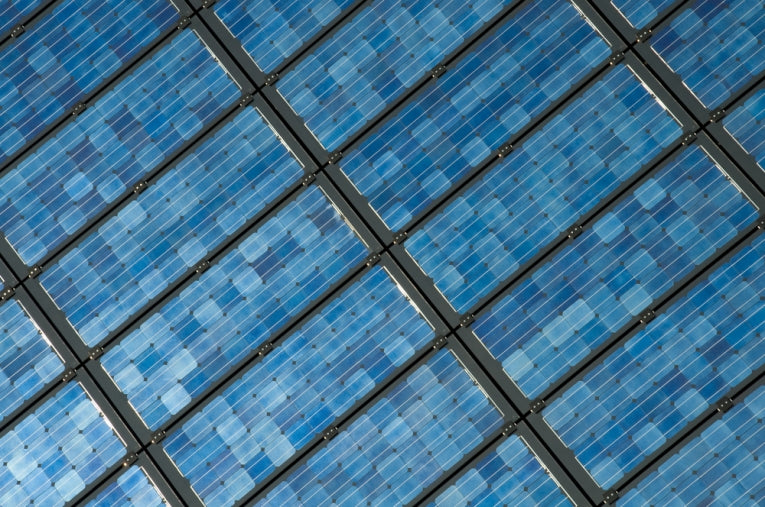Tensions are always running high between Chinese and western manufacturers, but it seems those tensions have finally spilled over into the solar industry. The business world has been alight in recent days discussing the anti-dumping complaint that a group of 25 European solar panel manufactures filled in Brussels this week, asking if it means a trade 'war' between the West and China. We answer your questions below
How did the 'trade war' begin?
Earlier this year the USA placed a 31% and higher tariff on Chinese-made solar panels, claiming that the Chinese were overproducing and flooding the American market with their solar panels. By selling at what the US has deemed 'below fair value', Chinese solar panel makers have pushed prices down and therefore pushed many American solar panel makers out of business.
Overproduction can be normal fare in trade, but what has angered US panel makers most are the questions over whether the Chinese government is illegally subsiding solar panel makers to help them undercut their prices. This is a claim that the Chinese have vigorously denied. There are now fears that the Chinese will also raise tariffs against countries who have placed tariffs on their products, starting a trade war and damaging the entire industry.
How has the crisis spread to the EU?
A German solar panel manufacturer backed by 24 others from around the EU has now filed a complaint in Brussels, asking the EU to investigate if China is also selling solar cells in the EU at below-production prices. If the Commission takes up the case and decides to take measures similar to that of the US, it could be devastating for the Chinese solar industry. EU countries make up over 60% of the market for Chinese solar panels, with Germany being the country with the largest number of total installations of solar panels. US tariffs have wounded, but EU tariffs could be fatal.
How has China responded?
The Chinese are contending that US and European panel makers are incorrect in the dumping claims, and therefore the tariff is unfair and protectionist. They also feel the moves are highly hypocritical given all the pushing the West has given for China to embrace clean energy.
China have hit back by opening their own anti-dumping investigation, accusing the US and South Korea of dumping polysilicon, a key ingredient in solar panels, in the Chinese market. The Chinese have also condemned the EU investigation, but it is yet to be seen if they will find a way to hit back at the EU through trade legislation. If they do, it would only deepen the crisis.
What does it mean for consumers?
The tariffs are aimed at raising the prices of solar panels, which some have contented is bad for consumers and bad for the market. Although the companies pushing for tariffs have argued that they are simply trying to protect their jobs and workers from unfair trade practices, there are those who disagree that tariffs are the way forward. Many in the industry have argued that tariffs are not the answer as they will simply cause demand to dry up, hurting solar panel companies even further. Even worse, problems with the solar industry would stall the progress that the world is making in turning away from fossil fuels to renewable energy sources. Solar panels are seen as the future by many, so if the market turns volatile it will be bad for the environment as well as business.










